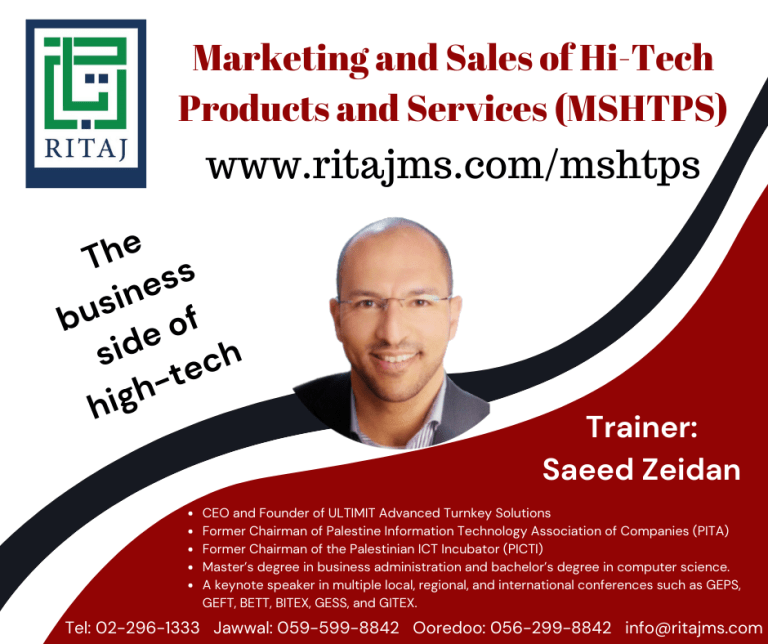Procurement for Non-Procurement Officers (P4NP)

Overview
Why P4NP?
Who is the course for?
Overview
This course aims to introduce professionals whom their tasks include procurement to the concept of procurement, the role, processes, tools, and techniques of procurement. It explores the basics of procurement in a jargon-free way to learn the best practices in managing or supervising this process.
Why P4NP?
- To learn about the procurement cycle.
- To be able to manage simple bid processes professionally and ensure that the best solution is selected.
Who is the course for?
Project assistants, admin assistants, accountants, and other interested professionals in the procurement process.
- CLICK HERE for date of next course
- Type: Classroom and/or online
- Duration: 15 Hours
- Language: English and Arabic
Objectives:
By the end of this course, participants will be able to:
- Identify the end-to-end procurement process.
- Describe the risks and opportunities in procurement and identify the controls that are appropriate to manage the process.
- Apply a variety of principles to simple and/or lower-value acquisitions to manage acquisitions both from existing contractual solutions and when no arrangements exist.
Topics:
- Introduction to the procurement cycle
- Types of procurement
- Procurement Case study (What could go wrong in the procurement process what the opportunities might be)
- Overview of how the procurement process can deliver value for money
- Risks and opportunities in the procurement process
- The procurement process
- Writing the specification
- Understanding suppliers and the market
- Developing a procurement plan
- Managing the bid process
- Evaluating offers and selecting the best offer
- Making sure that we get what we paid for
- A vendor’s list management
- Steps to building a list
- What information to document
- Challenges that a procurement officer may encounter
Prerequisites
Familiarity with administrative procedures.
To learn more fill the following form (English or Arabic) and a training consultant will call you:






